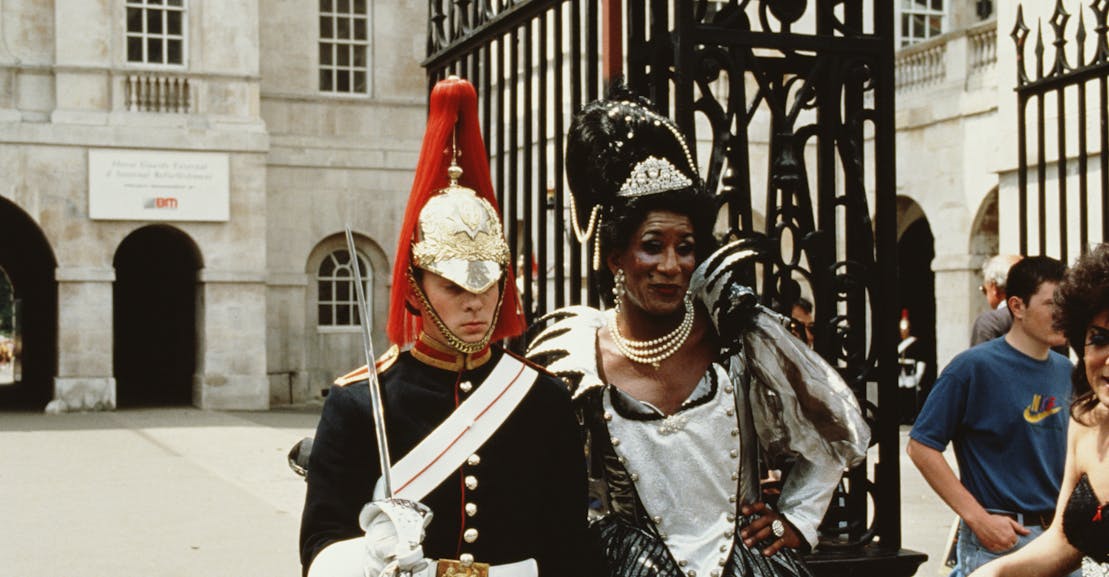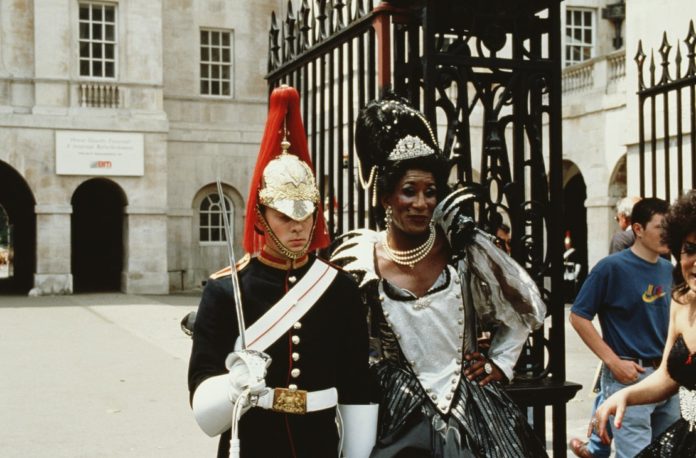
The chief authority Chitty takes aim at in Sexual Hegemony is Michel Foucault, the theorist whose work made HistCon possible. His History of Sexuality had an explosive effect on the twentieth-century postwar intellectual scene, because he had figured out a way to speak about sex and capitalist development in the same breath. Among its sledgehammer ideas is that the new medical science of the nineteenth century produced the “homosexual” by defining it. For Foucault, repressive forces don’t just push marginalized communities to the edges of society but cause them to exist.
The problem with this argument, Chitty thinks, is that it frames oppressed communities as totally passive, as well as suggesting that there is some unique quality to modern gay sex that it never had before. Foucault’s argument doesn’t much account for what was happening before modern science reached its position of authority. Surely there were changes going on in the way people formed sexual relationships as capitalism marched across the globe, Chitty insists, that we can read about and observe in action?
It matters what we forget and what we remember. Perhaps the saddest moment in the book comes toward its end, when Chitty notes that the “boldest propositions have tended to be advanced at the margins of gay history, buried in endnotes or writing not published in the historian’s lifetime.” It’s certainly true here. Lovingly, he frames Sexual Hegemony as a tribute to the unremembered working-class gays of centuries past, who have not been part of the inherently elitist microscope of queer literature. “The oblivion faced by working-class homosexuals was an oblivion of historical memory,” Chitty writes; “by contrast, their elite counterparts left behind a labyrinthine wardrobe of tortured interiority, self-involvement, and coded references in which subsequent generations of queer readers have wandered.”
When we do history this way, Chitty argues, we can sidestep the problem of trying to guess whether queers from history were “authentically gay” or just responding to the pressures of poverty or class hierarchy. We think of modern queer sexuality as defined by the individual’s freedom: a tenet we can see most clearly in the importance we place on the concept of consent. When we read about a poor teenaged boy having sex with rich older men in early modern Venice, our ordinary language of consent just doesn’t apply. But this binary between “real” and “situational” gayness is a false one, Chitty thinks. All sexual encounters, whether present-day or historical, are subject to the contingencies of time and place and power dynamics.







